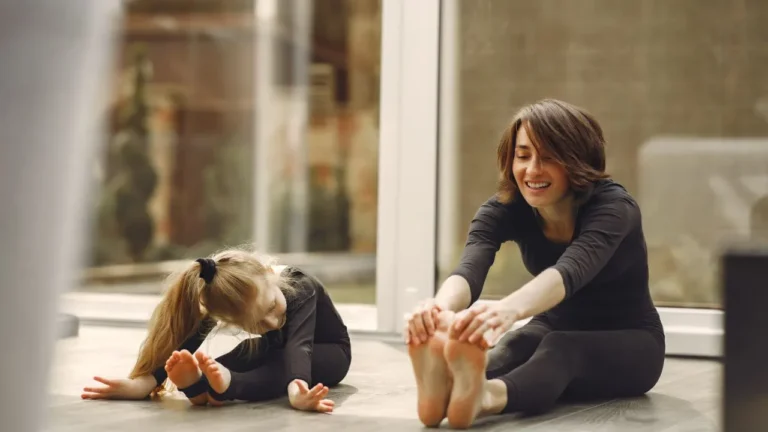Martial Arts For Kids: Uplift Your Kids Personal Growth
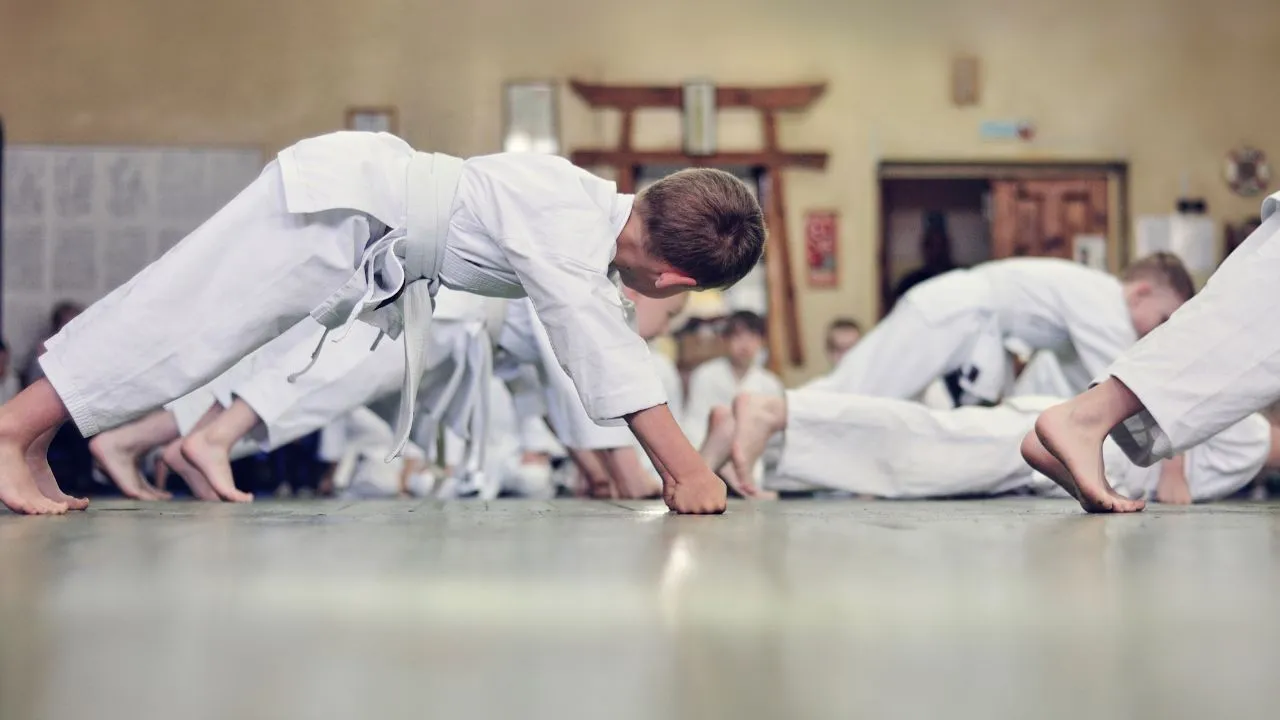
Martial arts have been practiced for centuries, offering individuals a way to improve their physical, mental, and emotional well-being. As more parents seek holistic methods to enhance their children’s development, martial arts for kids have gained widespread popularity.
This article explores the various types of martial arts for kids, their benefits for children, and how to select the best martial arts for your kids.
By engaging in these disciplines, youngsters not only reap the rewards of physical activity but also gain vital life skills that contribute to their overall growth and success.
Martial Arts for Kids
Martial arts offer a unique combination of physical, mental, and social benefits for children. These disciplines provide a structured environment for kids to develop important life skills, such as self-discipline, respect, and confidence. Additionally, martial arts training can improve focus, coordination, and physical fitness, providing a strong foundation for a healthy and balanced lifestyle.
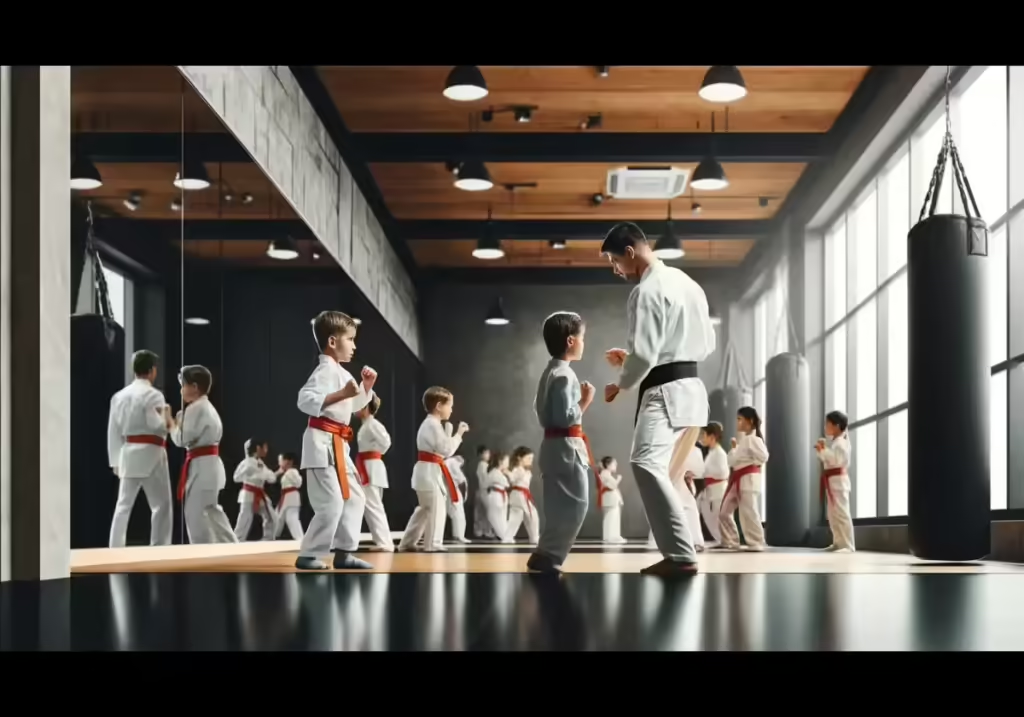
Importance of Physical Activity and Discipline in Early Years
The early years of a child’s life are crucial for establishing habits that will carry on into adulthood. Engaging in physical activities, such as martial arts, can help children build a strong foundation for a healthy lifestyle.
The discipline and structure inherent in martial arts training can instill positive values, such as perseverance, respect, and self-control, which can significantly impact a child’s future success and well-being.
Choosing the Best Martial Arts for Kids
Understanding Various Martial Art Styles
Before enrolling your child in a martial arts program, it’s essential to understand the different styles available and their unique characteristics. Here is an overview of some popular martial arts for kids:
Karate: Originating from Japan and typically practiced in a dojo, Karate emphasizes striking techniques, including punches, kicks, and knee strikes. It helps develop strength, balance, and discipline, making it an excellent choice for kids of all ages.
Taekwondo: A Korean martial art, Taekwondo focuses on high, fast kicks and jumping and spinning techniques. With its emphasis on speed, flexibility, and agility, this style is particularly popular among children.
Judo: Another Japanese martial art traditionally practiced in a dojo, Judo concentrates on throws, grappling, and submission techniques. It teaches balance, coordination, and strategic thinking, making it suitable for kids who prefer a more hands-on approach.
Brazilian Jiu-Jitsu (BJJ): A Brazilian martial art with roots in Japanese jiujutsu, BJJ focuses on ground fighting and submission holds. It emphasizes technique and leverages strength, making it an excellent option for children of all sizes.
Aikido: A Japanese martial art typically practiced in a dojo, Aikido is a non-competitive discipline that emphasizes harmony and blending with an opponent’s movements. It focuses on joint locks, throws, and redirection of force, promoting balance, flexibility, and self-awareness.
Muay Thai: Originating from Thailand, Muay Thai is a striking martial art known as “the art of eight limbs” due to its use of punches, kicks, elbows, and knee strikes. It helps develop strength, endurance, and coordination, making it suitable for kids interested in a more rigorous and high-impact martial art.
Kung Fu: Hailing from China, Kung Fu encompasses a broad range of techniques, including strikes, kicks, throws, and joint locks. It often incorporates animal-inspired movements and can improve flexibility, strength, and endurance.
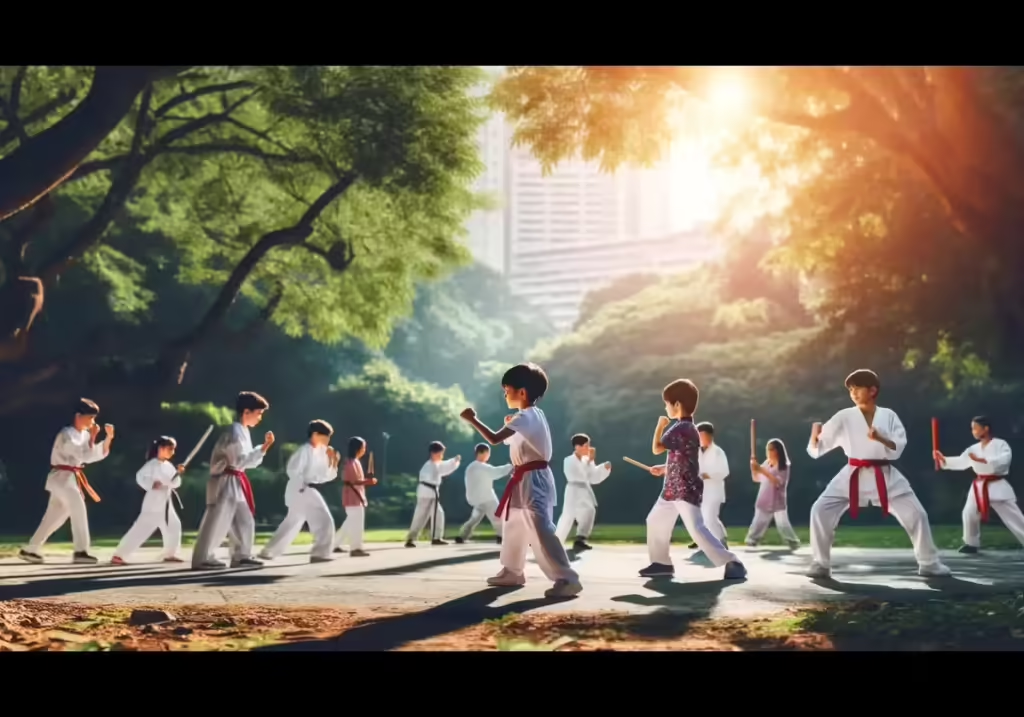
Factors to Consider in Selecting a Martial Art
Child’s age and physical abilities: Different martial arts may be more suitable for certain age groups or physical abilities. For example, younger children might benefit from the structure and discipline of Karate, while older kids may enjoy the high-energy movements of Taekwondo.
Child’s interests and personality: Consider your child’s preferences and personality traits when selecting a martial art. If your child enjoys physical contact and grappling Brazilian Jiu-Jitsu or Judo may be a good fit. On the other hand, a child who prefers striking and stand-up techniques might be more drawn to Karate or Muay Thai.
Martial art’s emphasis on self-defense or competition: Some martial arts, like Brazilian Jiu-Jitsu and Judo, have a stronger focus on self-defense and practical applications, while others, such as Taekwondo, may emphasize competition and performance. Determine what aspect is more appealing to your child before making a decision.
Availability of classes and instructors: Depending on your location, certain martial arts may be more accessible than others. Research local martial arts schools and instructors to see which styles are available and well-represented in your area.
Benefits of Martial Arts Training for Kids
Physical development
Martial arts training offers numerous physical benefits for children, helping kids develop a strong foundation for a healthy lifestyle.
Improved strength, flexibility, and coordination: Regular martial arts practice can enhance a child’s overall physical fitness. It helps build muscle strength, improve flexibility, and develop better coordination and balance.
Enhanced cardiovascular health: The rigorous exercise involved in martial arts training can boost cardiovascular health and endurance, contributing to a reduced risk of heart disease and obesity later in life.
Mental and emotional growth
Martial arts training goes beyond physical development, promoting mental and emotional growth in children.
Boosted self-confidence and self-esteem: As children learn new techniques and achieve milestones in their martial arts journey, they develop a sense of accomplishment and self-worth, leading to increased self-confidence and self-esteem.
Increased focus and concentration: Martial arts require a high level of mental focus and concentration. By practicing these disciplines, children can enhance their ability to concentrate on tasks and develop better problem-solving skills.
Social development
Martial arts training also fosters social development, teaching children valuable life lessons and interpersonal skills.
Making new friends and building teamwork skills: Joining a martial arts school allows children to interact with peers who share their interests, creating opportunities for new friendships. Additionally, many martial arts disciplines involve partner drills and team activities that help develop teamwork and cooperation skills.
Learning respect and discipline: Martial arts emphasize respect for oneself, others, and the art itself. Children learn the importance of following rules, listening to instructors, and treating others with kindness and respect, which can translate into positive behavior in other areas of their lives.
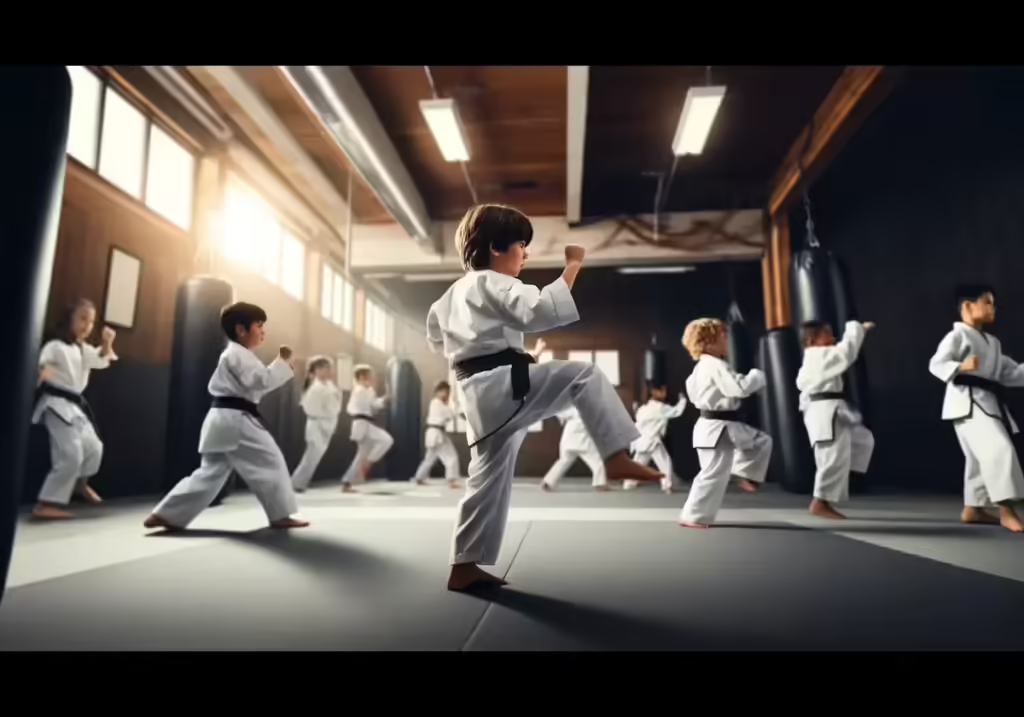
Finding the Right Martial Arts School
Researching local martial arts schools:
To find the best martial arts school for your child, start by researching local schools in your area.
Asking for recommendations and reading reviews: Speak with other parents, friends, and family members who have enrolled their children in martial arts programs. Additionally, search for online reviews and testimonials to gain insight into the experiences of other families.
Understanding the school’s teaching philosophy and methods: Visit the schools’ websites or speak with instructors to learn about their teaching philosophies and methods. Ensure that the school prioritizes safety, discipline, and personal growth, in addition to technical proficiency and self-defense.
Evaluating the instructor’s qualifications
A skilled and experienced instructor is crucial for your child’s martial arts experience. Consider the following when evaluating an instructor:
Credentials and experience: Inquire about the instructor’s background, certifications, and years of experience in teaching martial arts. Look for instructors with a proven track record of success in both teaching and practicing their respective disciplines.
The teaching style and rapport with children: Observe the instructor’s teaching style and interaction with children during classes. Ensure they are patient, engaging, and capable of maintaining a positive learning environment. A good instructor should be able to adjust their teaching methods to accommodate different learning styles and individual needs.
Commitment to safety and injury prevention: Assess the instructor’s approach to safety and injury prevention. They should prioritize teaching proper techniques, warm-ups, and cool-downs to minimize the risk of injury during training sessions.
Trying out classes before committing
Before enrolling your child in a martial arts program, consider taking advantage of trial classes or introductory offers.
Trial classes: Many martial arts schools offer trial classes or introductory periods for new students. This allows your child to experience the training environment and teaching style firsthand, helping you determine if the program is a good fit.
Observing classes: As a parent, observe martial arts classes to get a sense of the overall atmosphere and quality of instruction. This will allow you to assess whether the school and instructor align with your child’s needs and preferences.
Conclusion
Martial arts for kids offer many benefits, ranging from physical fitness to mental and emotional growth. By carefully considering the various martial arts styles available and evaluating local schools and instructors, you can find the best martial arts program for your child.
By engaging in these disciplines, your child will not only develop essential life skills but also cultivate a lifelong love for staying active and healthy.






